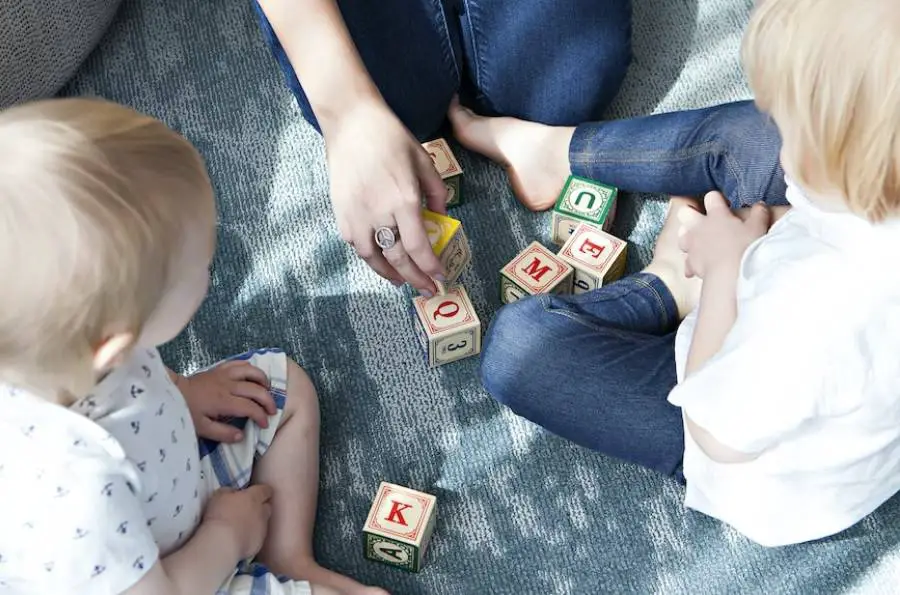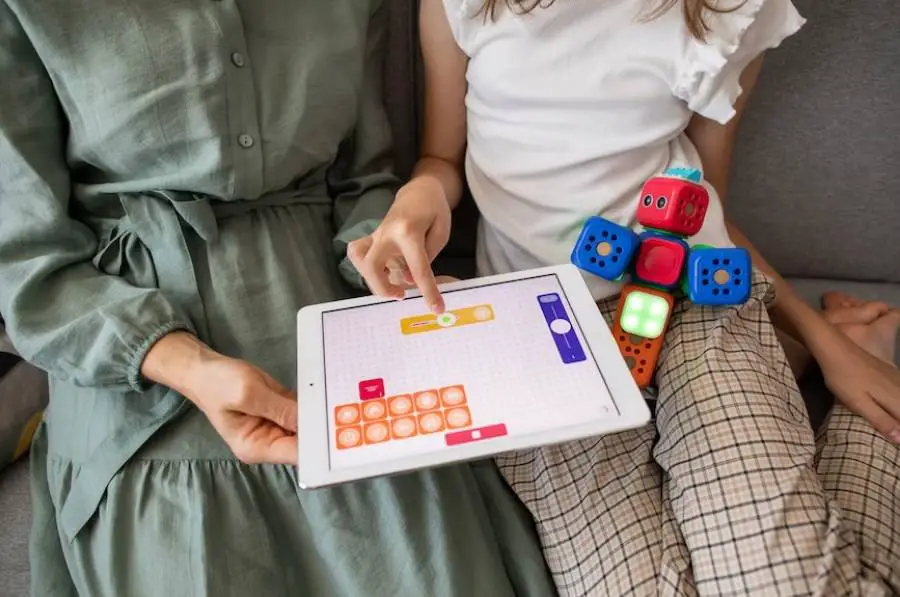
In the modern digital age, where technology plays a significant role in our daily lives, leveraging innovative methods to enhance children’s learning and academic success has become crucial. One such approach gaining immense popularity is gamification. By incorporating game elements into educational processes, gamification offers a stimulating and engaging environment that motivates kids to learn while having fun. In this article, we delve into the transformative power of gamification, exploring its impact on children’s learning outcomes and academic achievements.
The Basics of Gamification
What is Gamification?
Gamification refers to the integration of game mechanics, elements, and principles into non-game contexts, such as education. It involves the use of rewards, achievements, challenges, and competition to motivate and engage learners. By tapping into the intrinsic human desire for achievement and progress, gamification offers a powerful tool for educators to captivate young minds.
How Does Gamification Work?
In a gamified learning environment, educational content is transformed into interactive experiences. Students are presented with challenges, puzzles, quizzes, and quests that require them to apply critical thinking, problem-solving skills, and subject knowledge. As they progress, learners earn points, unlock levels, and receive virtual rewards, creating a sense of accomplishment and driving their motivation to excel.
Benefits of Gamification in Kids’ Learning

Increased Engagement and Motivation
Traditional educational methods often struggle to capture and sustain students’ attention. However, gamification provides an immersive and interactive learning experience that appeals to children’s natural curiosity and inclination for play. By infusing elements of excitement, competition, and rewards, gamified learning captivates students, igniting their enthusiasm for acquiring knowledge.
Enhanced Retention and Understanding
The incorporation of game mechanics in learning has been shown to improve information retention and comprehension. Through interactive challenges and simulations, students actively participate in the learning process, reinforcing their understanding of key concepts. The hands-on nature of gamification promotes experiential learning, allowing children to grasp complex ideas more effectively.
Development of Critical Skills
Gamification fosters the development of critical skills essential for academic success and beyond. Problem-solving, decision-making, collaboration, and creativity are just a few examples of the abilities nurtured through gamified learning. By engaging in challenging scenarios and overcoming obstacles within the game, children acquire practical skills applicable to real-world situations.
Personalized Learning and Progress Tracking
One of the strengths of gamification lies in its ability to adapt to individual learners’ needs. By offering personalized challenges and content, gamified platforms cater to different skill levels and learning styles. Moreover, the use of progress tracking tools allows educators and parents to monitor children’s development and identify areas that require additional attention, enabling targeted support.
Online Assignment Help: Supporting Learning Through Expert Assistance
In addition to the gamified learning experience, students can further enhance their academic journey through online assignment help services. These platforms connect students with subject matter experts who provide guidance, clarification, and support in completing academic assignments. Legit essay help not only offers valuable assistance but also promotes independent learning by encouraging students to seek guidance when faced with challenges. By leveraging these services, students can receive personalized feedback and insights that can enhance their understanding of various subjects.
Positive Social Interaction and Collaboration
Gamified learning often incorporates social elements that encourage interaction and collaboration among students. Multiplayer games, team challenges, and leader boards promote healthy competition and cooperation. By engaging with peers in a virtual environment, children develop social skills, learn from one another, and build a sense of camaraderie, fostering a positive learning community.
Successful Examples of Gamification in Education

1. Math Gamification: Making Numbers Exciting
Mathematics, often considered a daunting subject, can be transformed into an engaging adventure through gamification. Platforms like “MathQuest” and “Number Ninjas” turn mathematical operations into captivating quests, where students solve equations and puzzles to progress through virtual worlds. By making math fun and rewarding, gamification helps children overcome math anxiety and develop a strong foundation in numerical skills.
2. Language Learning Gamification: Mastering Words and Languages
Learning a new language requires practice, repetition, and memorization. Gamification breathes life into language learning by offering interactive challenges, vocabulary quizzes, and language immersion experiences. Popular apps like “Duolingo” and “Memrise” leverage gamified approaches to make language acquisition enjoyable and effective, allowing children to enhance their linguistic abilities while exploring diverse cultures.
3. Science Gamification: Unleashing Curiosity and Discovery
Science education can be brought to life through gamification, encouraging children to explore the wonders of the natural world. Virtual experiments, simulated laboratory environments, and scientific quests engage students in hands-on discovery. Applications like “Science360” and “Mystery Science” foster a love for scientific inquiry, nurturing future scientists and innovators.
Conclusion
Gamification has emerged as a powerful educational tool, revolutionizing the way children learn and excel academically. By leveraging the inherent allure of games and interactive experiences, gamified learning captivates young minds, fostering engagement, motivation, and skill development. The benefits of gamification extend beyond academic success, equipping children with vital skills for their future endeavors. As we embrace the boundless possibilities of gamified education, let us create a generation of enthusiastic learners poised for lifelong achievements.










